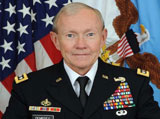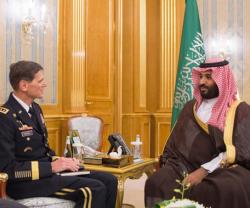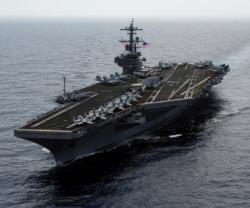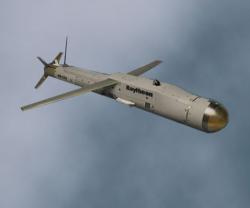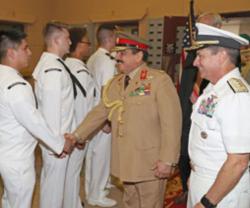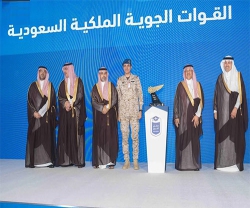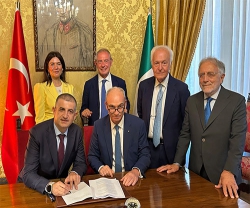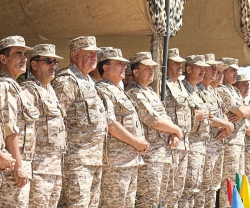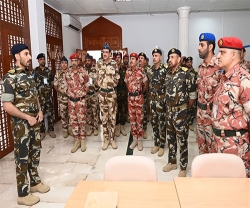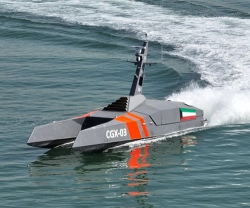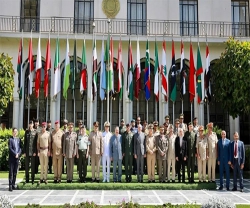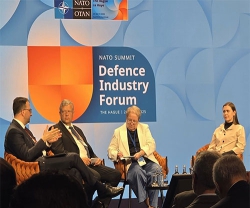Dempsey: “Military Options Premature for Syria & Iran”
22.02.2012 Security
The top U.S. Military Officer warned that an intervention in Syria would be “very difficult”, and that a military strike against Iran would be premature because it is unclear whether Tehran will actually use its nuclear capabilities to build an atomic bomb.
General Martin Dempsey, Chairman of the U.S. Joint Chiefs of Staff, told CNN that Syria was the focus of competing Middle Eastern states, notably Iran and Saudi Arabia, and posed different problems for the United States than Libya did.
“It’s premature to take a decision to arm the opposition movement in Syria because I would challenge anyone to identify for me the opposition movement in Syria at this point,” Dempsey said.
“There are indications that al-Qaeda is involved and that they’re interested in supporting the opposition. I mean there are a number of players, all of whom are trying to reinforce their particular side of this issue. And until we know who they are and what they are, I think it would be premature to talk about arming them.”
Dempsey identified “a Sunni-Shiite competition for regional control,” of Syria being played out between Saudi Arabia and Iran as a key barrier to U.S. intervention, as well as Damascus’ “very capable,” military.
“They have a very sophisticated, integrated air defense system. They have chemical and biological weapons. They haven’t demonstrated any interest or any intent to use those, but it is a very different military problem,” Dempsey said, noting he had not yet been asked to provide U.S. military options on Syria.
“Intervening in Syria would be very difficult... And I think that the current path of trying to gain some kind of international consensus is the proper path, rather than to take a decision to do anything unilaterally.”
“But, you know, I wear the uniform I wear to provide options when asked. And we’ll be prepared to do that. But this would not be - it was a big mistake to think of this as another Libya,” he added.
On Iran, Dempsey said he believed the Iranian government was a “rational actor.” Therefore, it was best for the United States and its allies to stick with international sanctions and diplomacy to try to convince Tehran not to weaponize its nuclear program.”
“I believe it is unclear that Iran would assemble a bomb and, on that basis, I think it would be premature to exclusively decide that the time for a military option was upon us,” Dempsey said.
He said he was confident Israel knew that this was the general U.S. attitude, but he stopped short of suggesting that the Americans had persuaded the Israelis that it was best not to attack Iran.
“I’m confident that Israel understands our concerns that a strike at this time would be destabilizing and wouldn’t achieve their long-term objectives,” he said.
Dempsey said the U.S. military had to have options available “should the nation decide to do something in Iran”.
“I mean, fundamentally, we have to be prepared. And that includes, for the most part, at this point, being prepared defensively.”
General Martin Dempsey, Chairman of the U.S. Joint Chiefs of Staff, told CNN that Syria was the focus of competing Middle Eastern states, notably Iran and Saudi Arabia, and posed different problems for the United States than Libya did.
“It’s premature to take a decision to arm the opposition movement in Syria because I would challenge anyone to identify for me the opposition movement in Syria at this point,” Dempsey said.
“There are indications that al-Qaeda is involved and that they’re interested in supporting the opposition. I mean there are a number of players, all of whom are trying to reinforce their particular side of this issue. And until we know who they are and what they are, I think it would be premature to talk about arming them.”
Dempsey identified “a Sunni-Shiite competition for regional control,” of Syria being played out between Saudi Arabia and Iran as a key barrier to U.S. intervention, as well as Damascus’ “very capable,” military.
“They have a very sophisticated, integrated air defense system. They have chemical and biological weapons. They haven’t demonstrated any interest or any intent to use those, but it is a very different military problem,” Dempsey said, noting he had not yet been asked to provide U.S. military options on Syria.
“Intervening in Syria would be very difficult... And I think that the current path of trying to gain some kind of international consensus is the proper path, rather than to take a decision to do anything unilaterally.”
“But, you know, I wear the uniform I wear to provide options when asked. And we’ll be prepared to do that. But this would not be - it was a big mistake to think of this as another Libya,” he added.
On Iran, Dempsey said he believed the Iranian government was a “rational actor.” Therefore, it was best for the United States and its allies to stick with international sanctions and diplomacy to try to convince Tehran not to weaponize its nuclear program.”
“I believe it is unclear that Iran would assemble a bomb and, on that basis, I think it would be premature to exclusively decide that the time for a military option was upon us,” Dempsey said.
He said he was confident Israel knew that this was the general U.S. attitude, but he stopped short of suggesting that the Americans had persuaded the Israelis that it was best not to attack Iran.
“I’m confident that Israel understands our concerns that a strike at this time would be destabilizing and wouldn’t achieve their long-term objectives,” he said.
Dempsey said the U.S. military had to have options available “should the nation decide to do something in Iran”.
“I mean, fundamentally, we have to be prepared. And that includes, for the most part, at this point, being prepared defensively.”
Previous PostNimr 6x6 Armored Patrol Vehicle at IAV 2012
Latest news
Latest events
DefenPol China2025 - 7th Guangzhou International Defense & Police Exhibition & Summit
11 - 12 Jul 2025Nan Fung International Convention & Exhibition Center (NICEC) - ChinaIDEF 2025 Turkey - International Defence Industry Fair
22 - 27 Jul 2025Istanbul Expo Center - TurkeyDSEI 2025
09 - 12 Sep 2025Excel, London - United KingdomIntersec Saudi Arabia
29 Sep - 01 Oct 2025Riyadh International Exhibition & Convention Centre - Saudi Arabia

